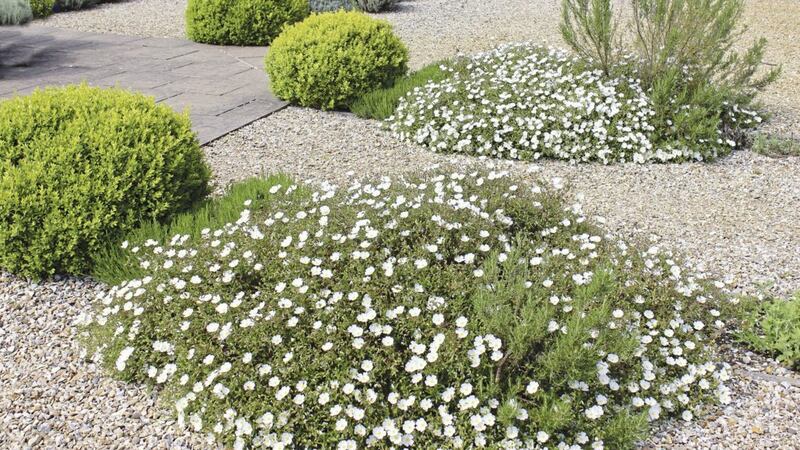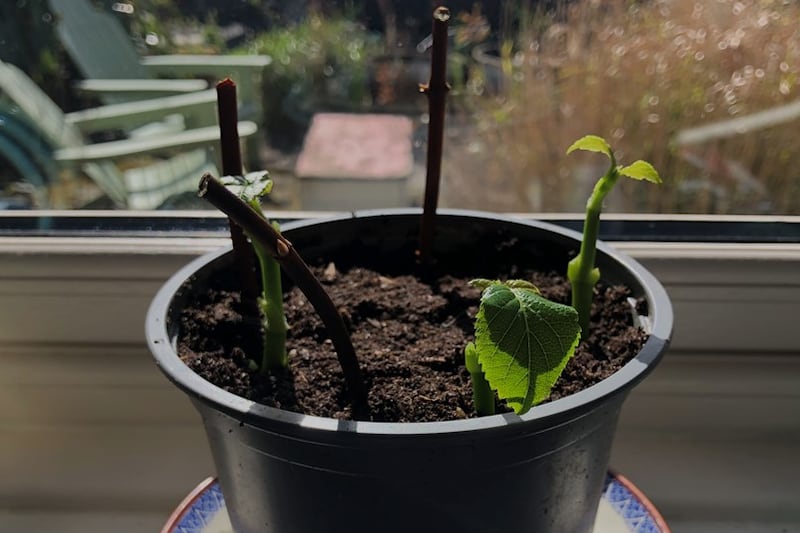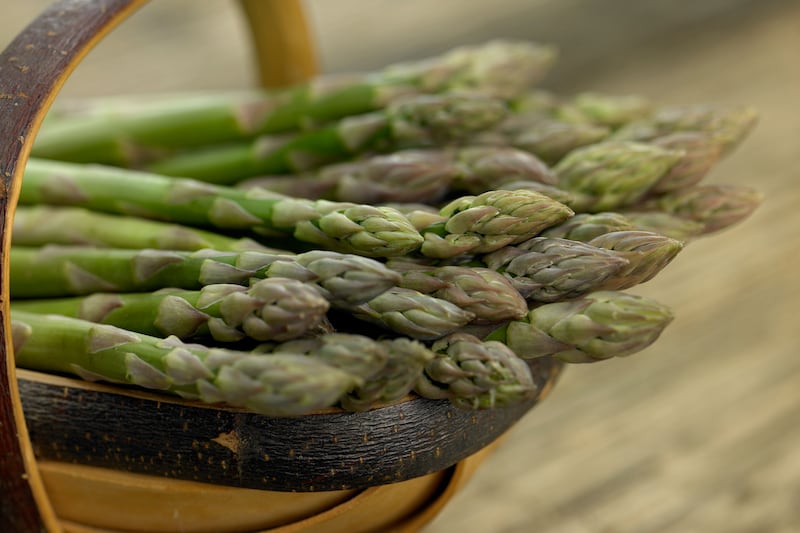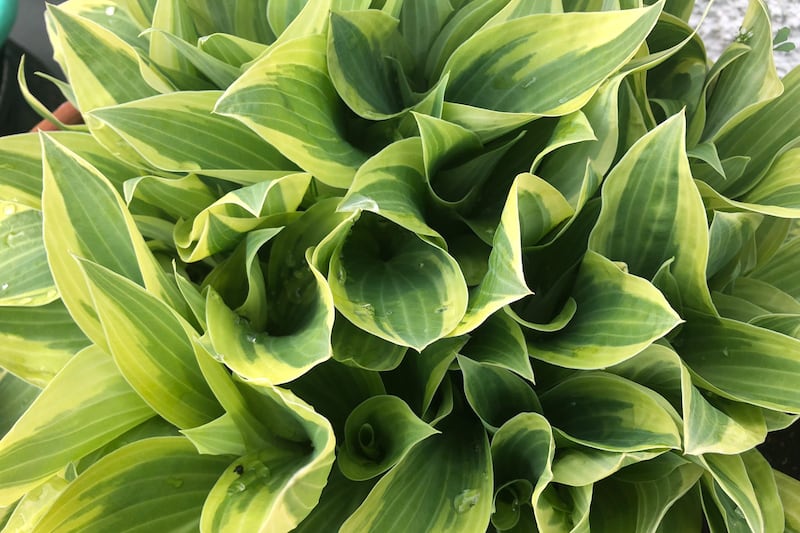AT the beginning of the year, the Royal Horticultural Society advised gardeners to choose more Mediterranean plants, making their gardens drought-proof.
The advice was in part prompted by last summer – one of the driest and warmest for decades. It was also a response to the increased effects of climate change and extreme weather.
The list of attractive, colourful plants recommended by the charity were selected for their ability to survive extremely dry conditions.
They included the bright magenta rock rose, aromatic rosemary and lavender, silvery Russian sage and the bright yellow Spanish broom.
Mark Gush, head of environmental horticulture at the RHS, said to expect warmer, drier summers over the coming years, so hardy exotic varieties that can cope with periods of drought will enable gardeners to better manage water resources in their gardens.
"RHS Garden Hyde Hall in Essex is situated in one of the driest parts of the country but its Dry Garden survived – even thrived – last summer, and has lasted an astonishing 18 years without being watered, instead capturing only the occasional rains that fall," he said.
"Of course, early establishment is imperative so plants have good root structures deep in the soil meaning it's important gardeners plan ahead."
The contrast between last summer's weather and this year's could not be greater. In 2018 we had prolonged drought, parched earth and hosepipe bans, whereas 2019's summer so far has been characterised by a mixture of showers, downpours and deluges. It is necessary, however, not to conflate the climate and the weather. The latter is what has occurred meteorologically over recent weeks but the climate is what is happening to the weather over a much longer period.
While there is as yet no overwhelming evidence that climatic conditions in the northern half of Ireland will result in less rainfall, it perhaps still makes sense to safeguard your garden against drought. It may also be useful preparation for the day Stormont introduces domestic water charges.
According to top horticulturalist Michael Perry, the fashion for dry gardens has seen a corresponding increase in the appeal of gravel, regarded as a less-demanding alternative to grass and other organic ground cover.
Gravel works in two ways – in winter it filters heavy rain, allowing plants to overwinter more successfully and in summer it acts as a moisture-conserving mulch.
Mr Perry speaks of a new trend known as "xeriscaping", which is planting that requires as little watering as possible.
“People are gravelling over their garden and planting up succulents to save water- the trend has come over from America," he told last weekend's Gardeners’ World Live event at Birmingham's NEC.
“Funnily enough this is something we saw as popular in the 80s but it’s come back now.”
Xeriscaping is essentially the RHS's advice put into practice, using hard surfaces rather than grass and choosing Mediterranean plants and succulents instead of traditional summer plants.
Mr Perry said this year's plant of the year at the Chelsea Flower Show – Sedum takesimense 'Atlantis' – reflected the latest environmentally-friendly trend.
Discovered as a sport on a nursery on the banks of Lake Michigan by grower Dave Mackenzie, 'Atlantis' is a drought-tolerant, low-maintenance, hardy stonecrop.
It forms 30cm high cushions of variegate foliage topped with yellow flowers from June to September that bees and other pollinators love. The serrated green leaves with creamy margins blush pink in autumn.
How it might fare in a wet Irish summer remains to be seen.








